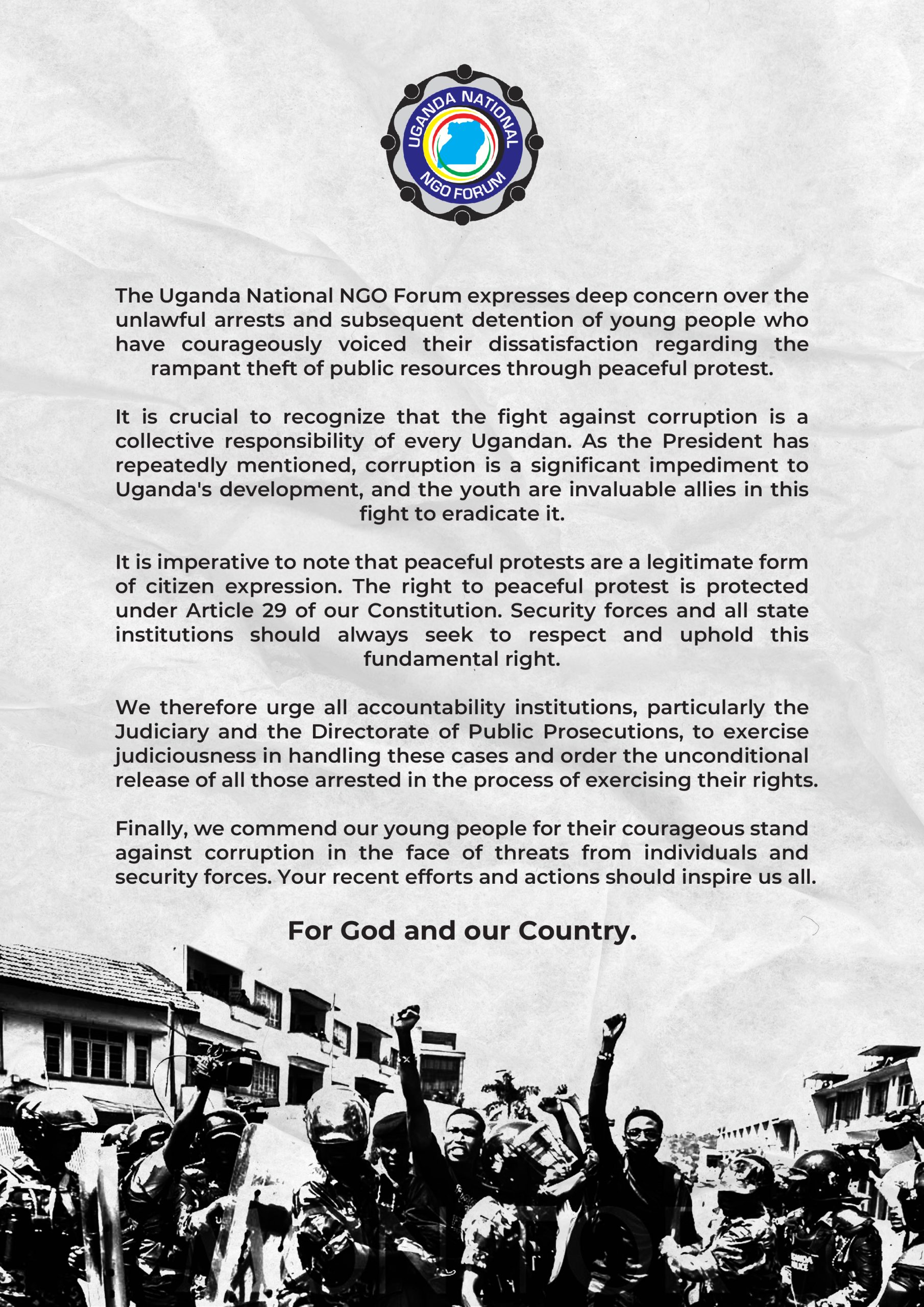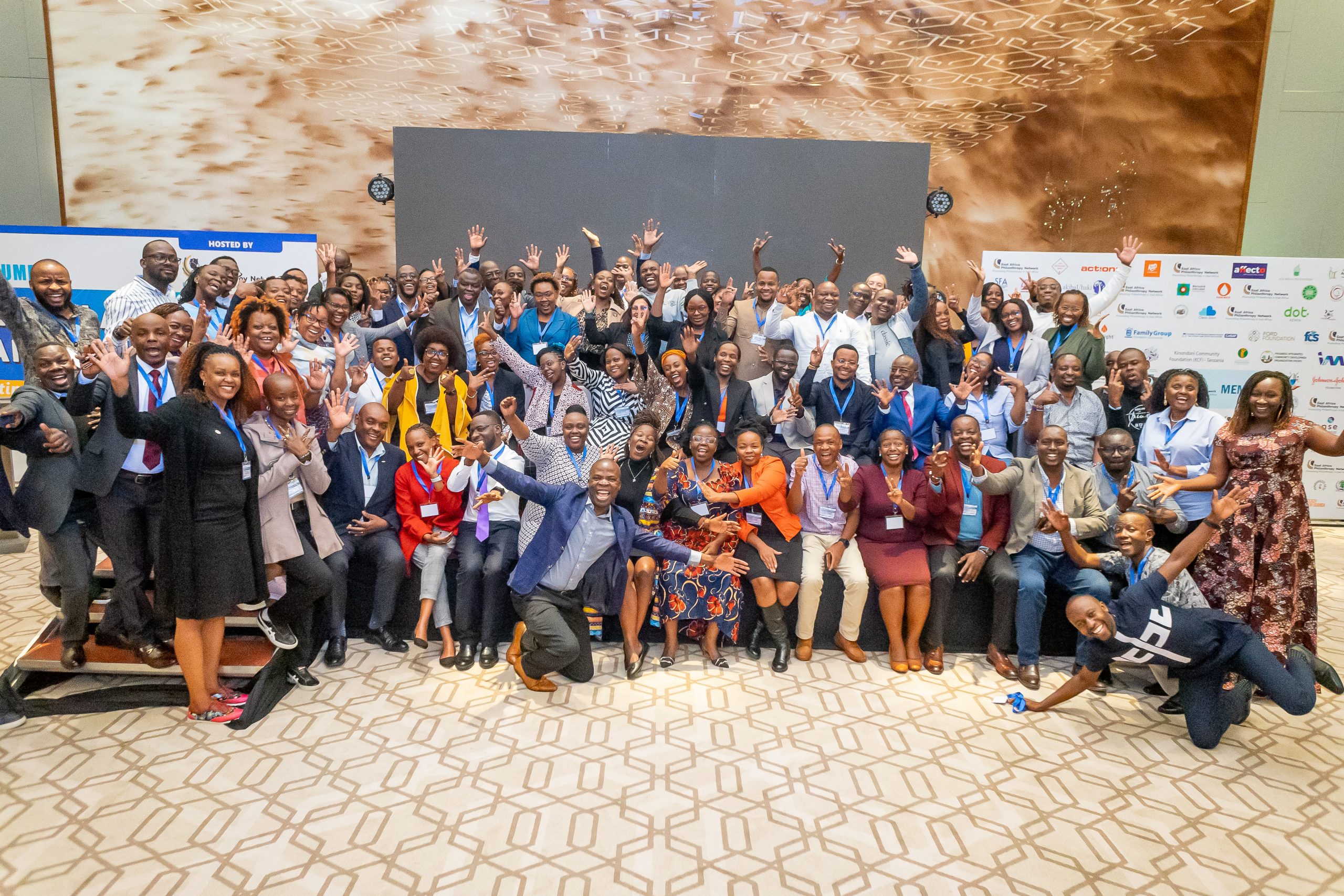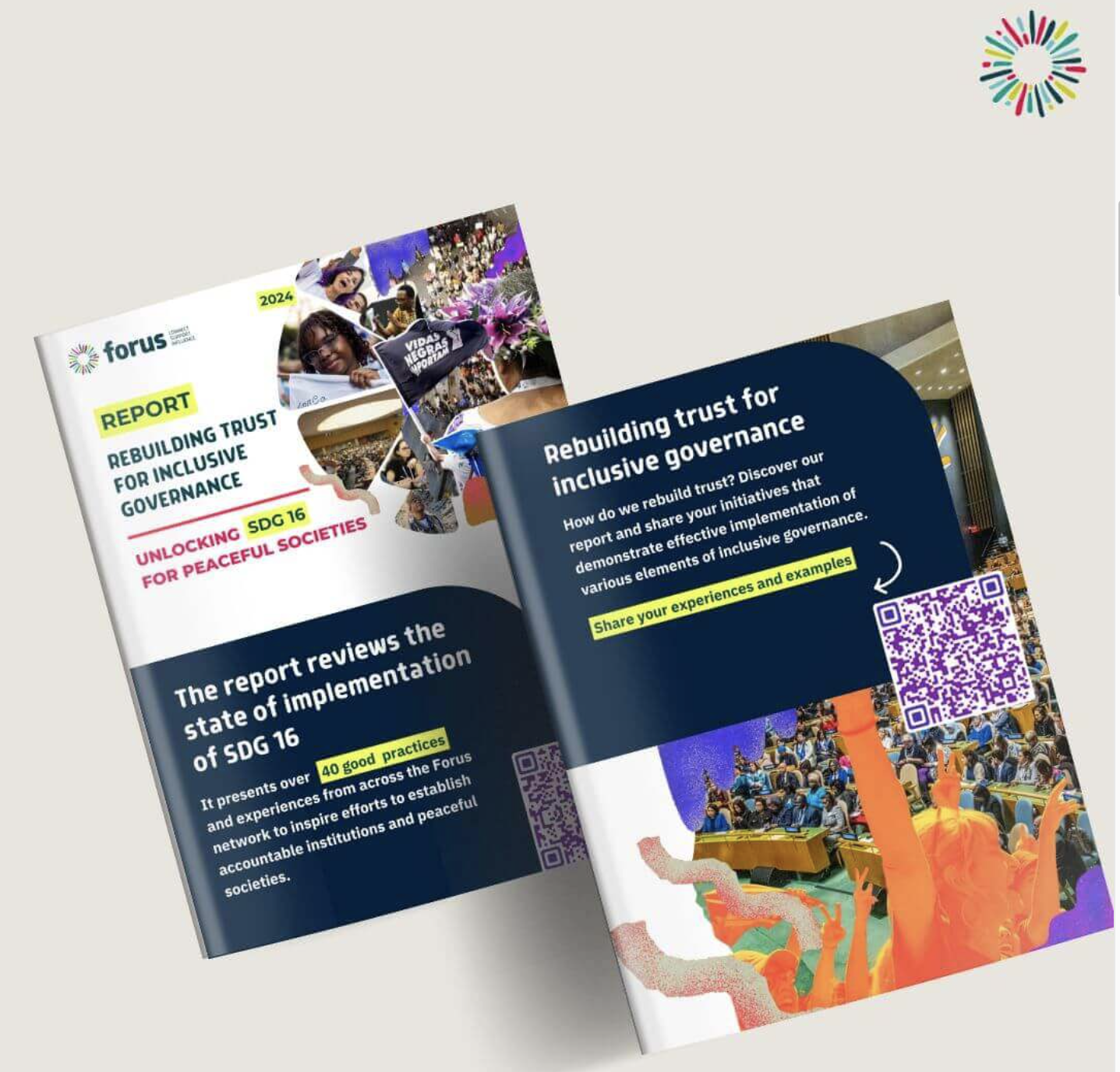A comprehensive Social Protection Program Requires Political Commitment
According to the Universal Declaration of Human Rights Article 22: “Everyone, as a member of society, has the right to social security” while Article 25 states; “(1) Everyone has the right to a standard of living adequate for the health and well-being of himself and of his family, including food, clothing, housing and medical care and necessary social services, and the right to security in the event of unemployment, sickness, disability, widowhood, old age or other lack of livelihood in circumstances beyond his control. (2) Motherhood and childhood are entitled to special care and assistance. All children, whether born in or out of wedlock, shall enjoy the same social protection.”
The Uganda Vision 2040 and NDP recognize the role of social protection in wealth creation and inclusive growth. however to achieve this, Mr. David Lambert Tumwesigye, the Advocacy Advisor at Expanding Social Protection Program in the Ministry of Gender Labor and Social Development, called for total political commitment to social protection financing if vulnerability is to be eradicated in Uganda. This call was made during the National dialogue on Business case for social protection in Uganda held on 14th February 2017 at Hotel Africana.
The dialogue was attended by over 60 stakeholders from CSOs, Government, Academia and Media and was convened by Uganda Social Protection Platform under the theme “Transforming Social Protection Thinking in Uganda”. It aimed to share evidence on the value of investing in Social protection and its relevance for transformative development within the Vision 2040 and 2030 Agenda. The Business case for social protection is an analytical piece of work developed by UNICEF, civil society and the Ministry of Gender, Labor and Social Development that clearly identifies key valuables the country needs in terms of social protection. Some of the areas include disability grants for people with disabilities and child grants for breast feeding mothers.
As a takeaway, there was unanimous commitment to engage political leaders at all levels to ensure there is increased financing for social protection, strengthen research and come up with updated data/statistics on vulnerability levels so as to have evidence based advocacy, work with ULGA and ensure local governments incorporate social protection in the budget processes; revive social protection frameworks that originally contributed to the wellbeing of children and elderly; and use of media both print and broadcast and social media to amplify voices on the need for social protection in the country.
USPP has planned a range of regional engagements with an aim to creating an appreciation of the need for a comprehensive social protection program for all Ugandans. This is expected to galvanize citizens efforts to demand for increased financing for social protection in Uganda.
Story by Robert Ninyesiga



